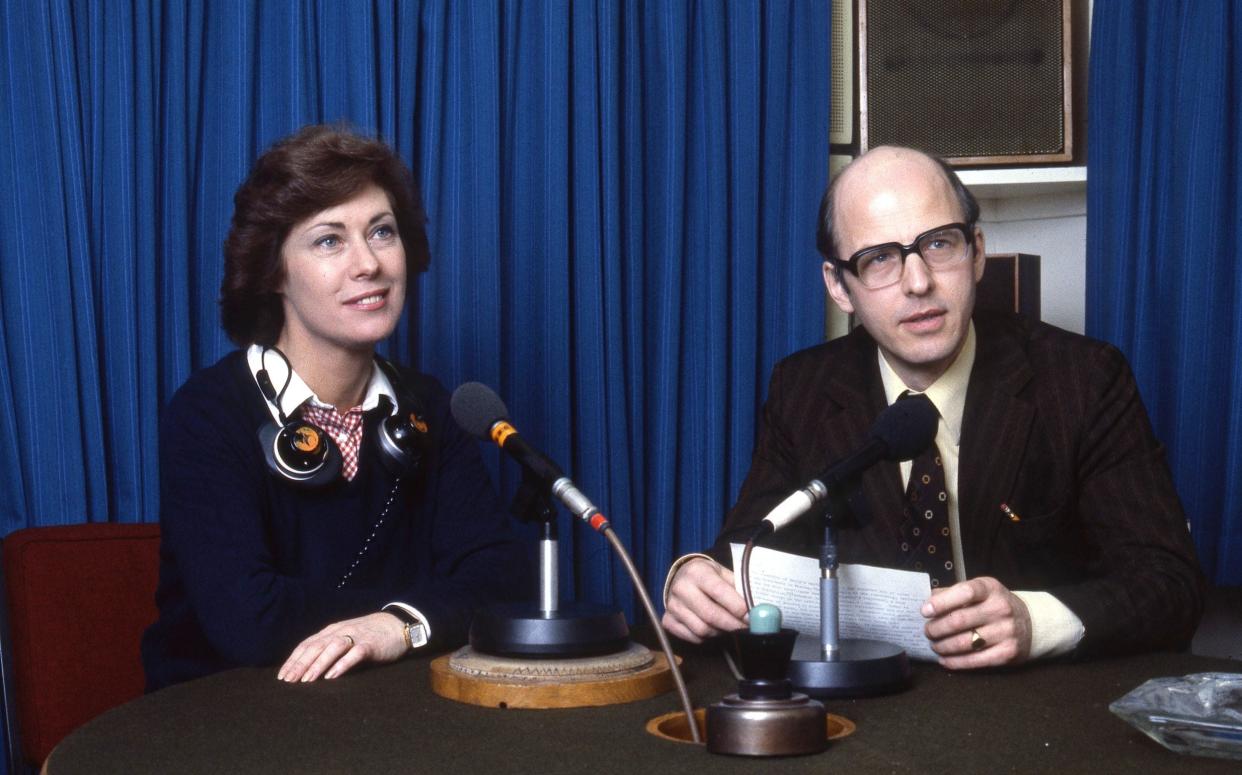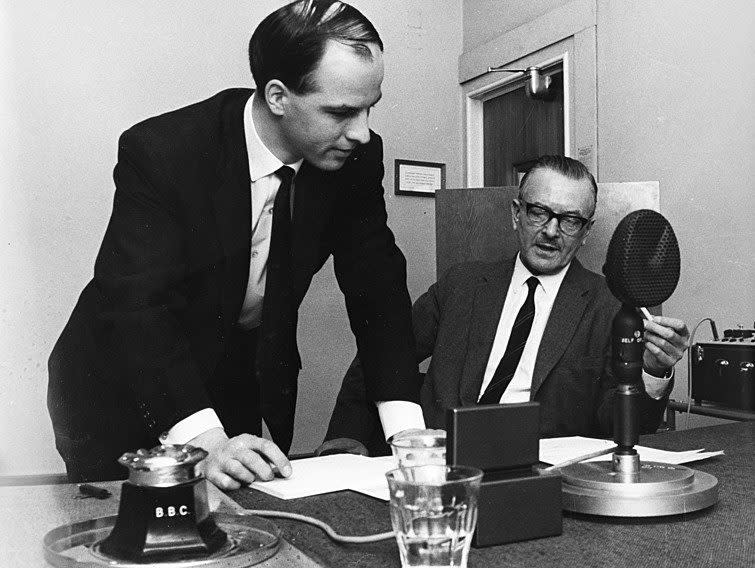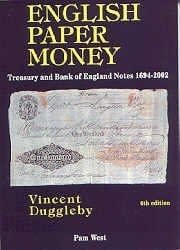Vincent Duggleby, doyen of financial journalists who created and presented Money Box – obituary

Vincent Duggleby, who has died aged 85, began his career with the BBC as a sports reporter but became one of the most recognisable voices on radio as the creator and presenter of Radio 4’s long-running series Money Box.
In 1977 Duggleby was working as founding editor of The Financial World Tonight when he had the idea of developing a programme devoted to personal finance.
Labour was in power at the time and Britain was subject to the austere discipline of the International Monetary Fund. Sterling was weak and the stock market had crashed. The basic rate of tax was 34 per cent on income above £845 a year, rising to 83 per cent at £21,845, and with inflation at 15.6 per cent people, savers in particular, were understandably worried about their financial security.
Although a couple of national newspapers had personal finance sections – notably The Daily Telegraph, which had launched its “Family Money-Go-Round” in 1968 – the area was generally neglected by both newspapers and broadcasters.
Duggleby designed Money Box, with its blend of news, original journalism and information, and fought to bring it to the airwaves. It made its debut in October 1977, with Peter Hobday and Louise Botting as its first presenters. Pink Floyd’s Money, with its cash-register sound effects, was its theme tune (later replaced by Instant Sunshine’s Money Matters).
The programme quickly proved a big hit, attracting a faithful weekly audience of more than a million listeners. Duggleby often contributed to the programme and became co-presenter between 1981 and 2014, alternating with Louise Botting, then Alison Mitchell and later Paul Lewis.
Duggleby was a master of forensic detail and a brilliant live broadcaster, skills shown to best effect on Budget Day, when he explained the implications on Radio 4’s PM, The Financial World Tonight and the Midnight News, before hosting Money Box Budget Call the next day.

With his relaxed, easy-going manner, enthusiasm and grasp of detail, Duggleby had the gift of helping people to understand concepts that might have tested a trained accountant.
Money Box went on to pick up numerous awards and spawned a range of spin-offs including the weekly phone-in Money Box Live, which Duggleby launched in 1990, Inside Money and Money Box Investigates.
Duggleby was named Best Financial Journalist of the 1980s by the Unit Trust Association and 1992 Broadcaster of the Year by the FT Harold Wincott Foundation, In 1997 he was named Best Personal Finance Broadcaster by the Association of British Insurers.
Charles Vincent Anstey Duggleby was born on January 23 1939 to Bernard Duggleby and Vivien, née Hawkins, and educated at Blundell’s School, Tiverton, and Worcester College, Oxford.
His career as a journalist began before he went up when, aged 18, he reported on rugby union for the Bristol Evening Post, of which his uncle was chairman and managing director, and he worked briefly as a sub-editor at the Daily Express.
In 1963, after graduation, he joined the BBC Home Service, first presenting a jazz programme before moving to the Radio Sports Unit where, until 1966, he presented Sports Session, a Saturday-evening round-up. For a short time he also presented Playtime, a compilation of “records for the young” on the Light Programme.
In 1969 he fronted Sport Service, Radio 3’s Saturday afternoon of live sport which ended with Sports Report, also working as deputy editor of the show under Angus Mackay.
In 1970, when Saturday-afternoon sport moved to Radio 2, Duggleby moved to news and current affairs, reporting on the Troubles in Northern Ireland and becoming deputy editor of The World Tonight.

Apart from regular reports on fluctuations in the stock market, the BBC at the time broadcast little in the way of analysis of the intricacies of the financial markets. But in 1971, when a long postal workers’ strike badly affected the City of London, Duggleby commissioned a piece on it for The World Tonight, and in 1973 he created The Financial World Tonight, with himself at the helm – the start of business programming on Radio 4.
In a blog, Bill Rogers, a friend and former colleague, recalled Duggleby telling him that he had gone out and bought at least a dozen of the same grey suit, storing them in his garage, reasoning that though inflation was on the up, he was unlikely to change size. In 1989, when The Financial World Tonight moved to an earlier slot on Radio 4, Duggleby hosted the Financial Week on Fridays.
In 1975 Duggleby published English Paper Money, an essential guide for collectors now in its 10th edition, in which he listed all banknotes produced by the Bank of England from 1694, plus forgeries and publicity “skits”, and included such fascinating details as the fact that there were half-crown notes issued up to 1941, and that between 1797 and 1829 618 people were hanged for forgery of paper money. In 1984, with Louise Botting, he published Making the Most of Your Money.
As well as his work on the BBC, during the 1980s Duggleby was a regular contributor to the Telegraph’s Family Money-Go-Round column; he later wrote on personal finance for The Independent. He also served on the Royal Mint Advisory Committee and on the Council of the Royal Philatelic Society, of which he became treasurer and then vice president.
In 2005 when Duggleby was appointed MBE for services to financial services, he joked that it stood for “Money Box Expertise”: “That is what I hope we have brought to the public. It is very pleasing that it should be recognised.”
In his Who’s Who entry Duggleby listed his recreations as philately, classical jazz and genealogy, and in 2005 he published Days Beyond Recall: a brief history of the Duggleby family.
In 1964 he married Elizabeth Frost, who survives him with their two daughters.
Vincent Duggleby, born January 23 1939, died June 7 2024

 Yahoo News
Yahoo News 
